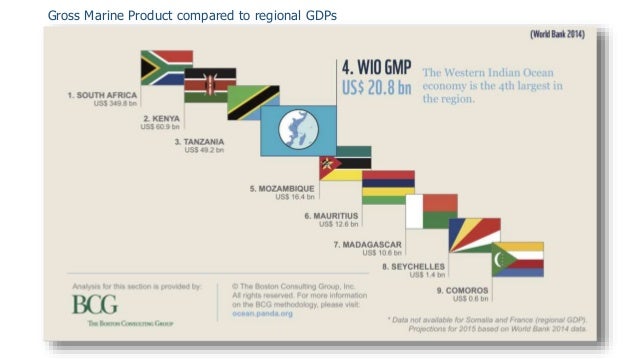The Economist
Intelligence Unit (EIU) believes that Mozambique will continue to be a
two-speed country and that the government is not committed to
investment-friendly policies despite the need to win back investors.In an
analysis of the government’s efforts, experts from the economic analysis unit
of The Economist magazine write that “after a tumultuous year the government is
eager to convince foreign investors that Mozambique is open to business”.However,
they added in the analysis that Lusa has access to, “it did not accompany the
recently launched charm offensive with substantive efforts to improve the
business environment.”
 The Economist
analysts cite the recent travels of the country’s president, who in the past
six months has been to Europe, the United States and Asia, returning with
promises of investment from major oil companies such as Eni or Shell.
The Economist
analysts cite the recent travels of the country’s president, who in the past
six months has been to Europe, the United States and Asia, returning with
promises of investment from major oil companies such as Eni or Shell.
The problem,
they point out, is that “these investments are almost exclusively focused on
the growing gas sector”, and would take place regardless of the country’s
internal problems because “the profit margins in these operations, which are
the cheapest in the world, are too appealing for investors to turn their backs
on”.Economic growth based entirely on foreign direct investment focused on
export-oriented projects “will hardly lead to comprehensive growth in a
low-income country with high poverty rates and a rapidly growing labour
market”.The analysts acknowledge that the government knows that the economy
needs to be diversified and hopes to attract investment in tourism, agriculture
and manufacturing to protect the economy from raw material price volatility and
create jobs, but, they warn, “investment opportunities in these non-energy
sectors are less attractive” and with slower and lower rates of return.That is
why, they say, “Mozambique’s economy will continue to be a story with two
parts, with relatively rapid growth in the extractive sectors but a much slower
performance in others, which will cause the expected growth rate to remain at
five percent per year until 2021, while a significant improvement in living
standards remains unlikely”.
0 comentários:
Post a Comment